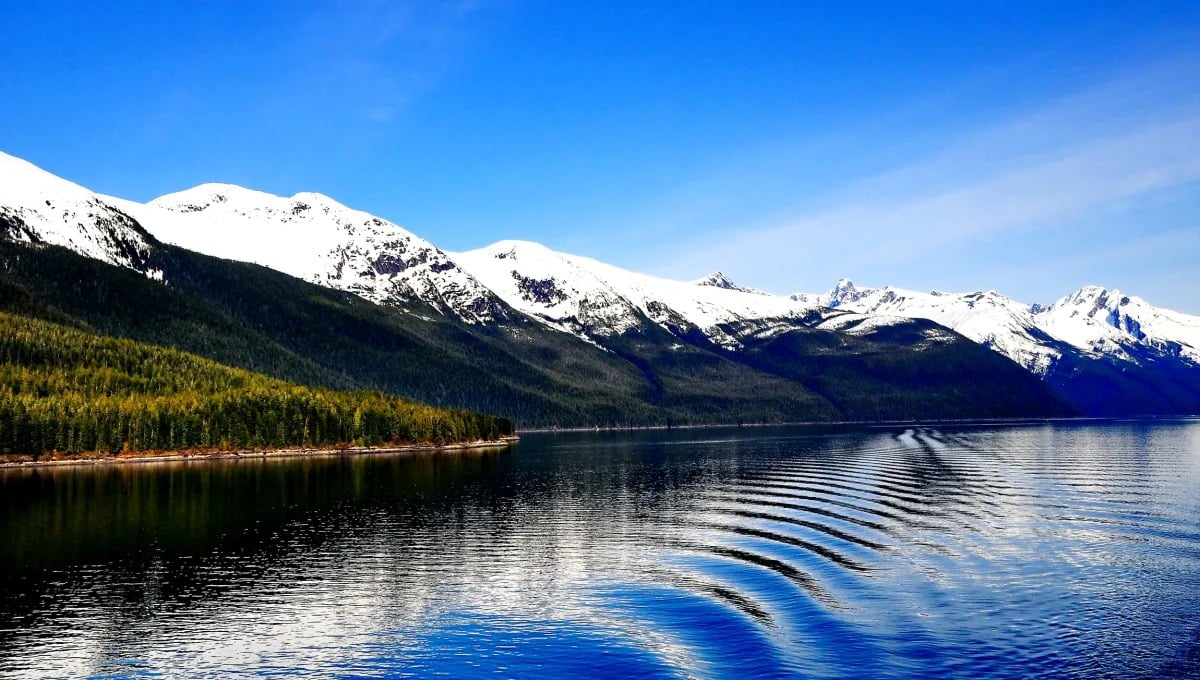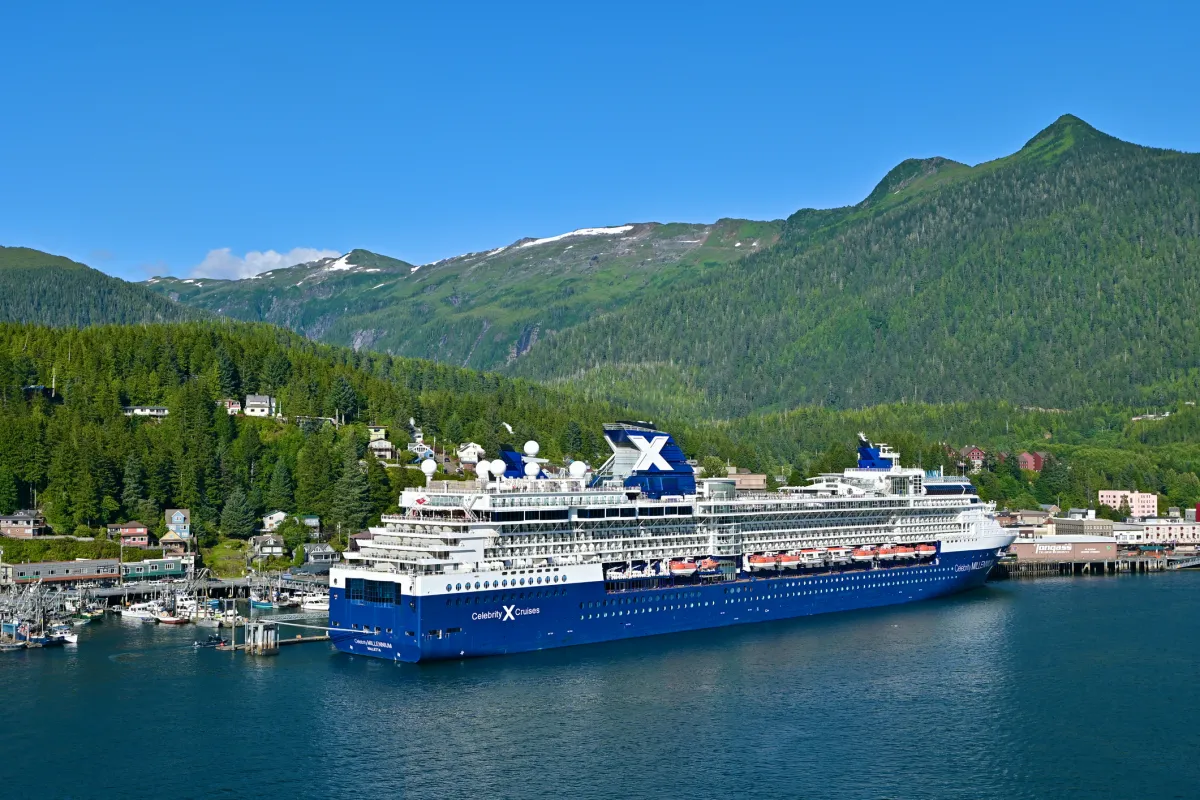
Cruising is a great way to see all that Alaska has to offer, with a variety of exciting itineraries that tour the wonders of the vast region.
Deciding whether to hike a glacier, go whale watching, or take a tour to see the Northern Lights are some of the fun decisions cruisers need to make when planning their Alaska adventures. Buying insurance is not one of them.
However, for peace of mind and financial health, insurance is not something that should be overlooked. There are several reasons why insurance is a good idea when planning your dream vacation to Alaska.
Here is what you need to know about trip insurance for a cruise to Alaska.
The cost of not being insured can be a huge financial burden

No one plans to get sick or have an accident on vacation, but sadly it does happen. Some people think, “I am young, or I am healthy,” and they don’t need it. Insurance is just a waste of money. But accidents happen all the time, and there are tons of news reports about cruisers being stranded in a hospital. The financial burden of an accident can be staggering – hundreds of thousands of dollars.
Unlike sailing to the Caribbean or Europe, Alaska is part of the US, so many plans will cover you while visiting the Last Frontier. But that doesn’t mean you should skip trip cancellation or medical evacuation. Many of Alaska’s small towns, like Ketchikan, don't even have big hospitals, which means transferring to another place by helicopter or flight to Seattle. And, the cost for these pricey transfers is on you.
However, a cruise to Alaska will stop in at least one Canadian port, so you will also need international coverage regardless.
Most cruise costs are prepaid
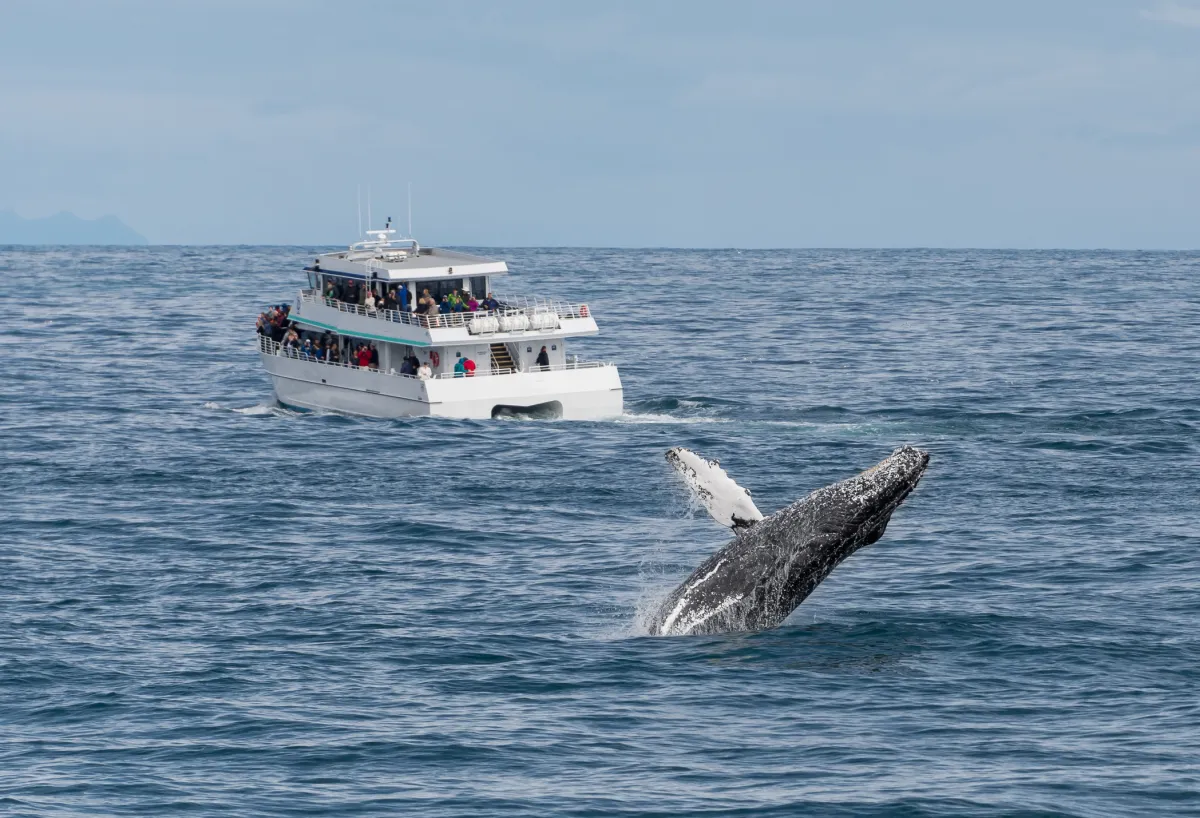
Unexpected things happen on vacation, too. If you miss the ship departure or have to leave your cruise early, you can be out of a lot of money. Too many passengers have been shocked to find out that cruise lines do not reimburse fees for illness, injury, or a flight delay. Cruise lines are quite clear in advising customers to get insurance to cover such events.
Another important consideration is that vacationers pay for almost everything prior to the cruise. Flights, transportation, cruise fare, excursions, and onboard packages are examples of many of the prepaid costs. If, for some reason, you don't make it to the cruise or need to cancel, the sunk costs can be significant.
Even if we are healthy and ready to travel, some events are simply not in our control. There are many ways to miss a ship, whether it is bad weather at your home airport or a traffic accident that blocks the highway. Buying insurance means peace of mind in knowing that if something happens, your hard earned money won’t go to waste.
There is a wide selection of insurance products
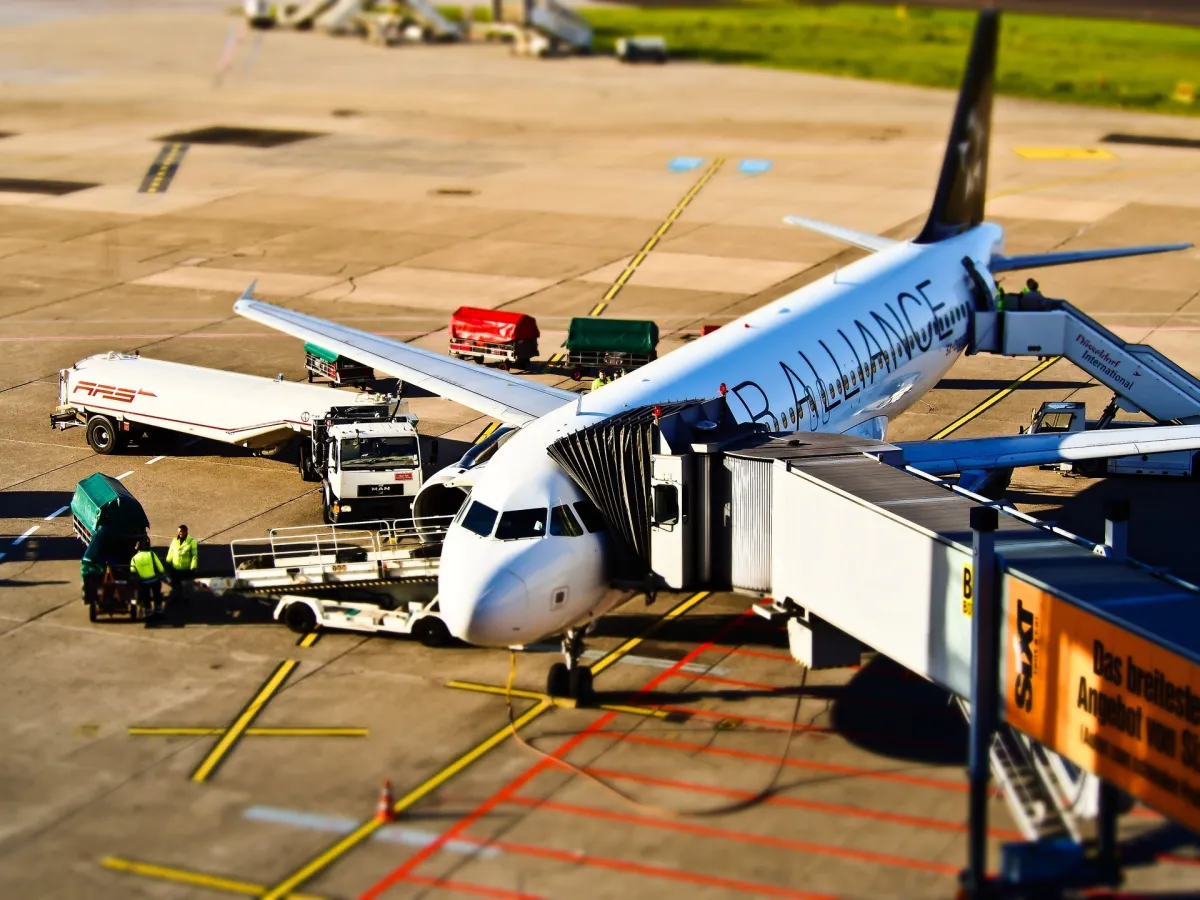
There are a number of different types of travel insurance. Here are some of the common types:
- Cancellation - This applies to pre-trip cancellation, and many policies set conditions as to what is considered an eligible reason to cancel a trip. Sickness is a common reason. However, some plans offer “a cancel for any reason” insurance policy, which provides much more flexibility but may have a higher premium.
- Trip delay – If you are delayed getting to the cruise, insurance will cover lodging and transportation costs until you are able to get onboard.
- Trip interruption – if you unexpectedly have to leave during your trip or it is cancelled midway.
- Medical (including evacuation) - covers unforeseen medical costs on a trip. Most plans cover at least $250,000 with additional coverage for evacuation to the nearest medical center.
- Lost or stolen luggage - the inconvenience of lost or stolen bags can put a sour tone on a trip. Most plans are for less than $2,000 per bag with restrictions as to what can be claimed.
- Annual plans For people who travel a lot, some insurance companies sell annual plans which cover so many days of insurance. This can be a good deal for frequent travelers/cruisers.
Where can you buy insurance for an Alaska cruise?
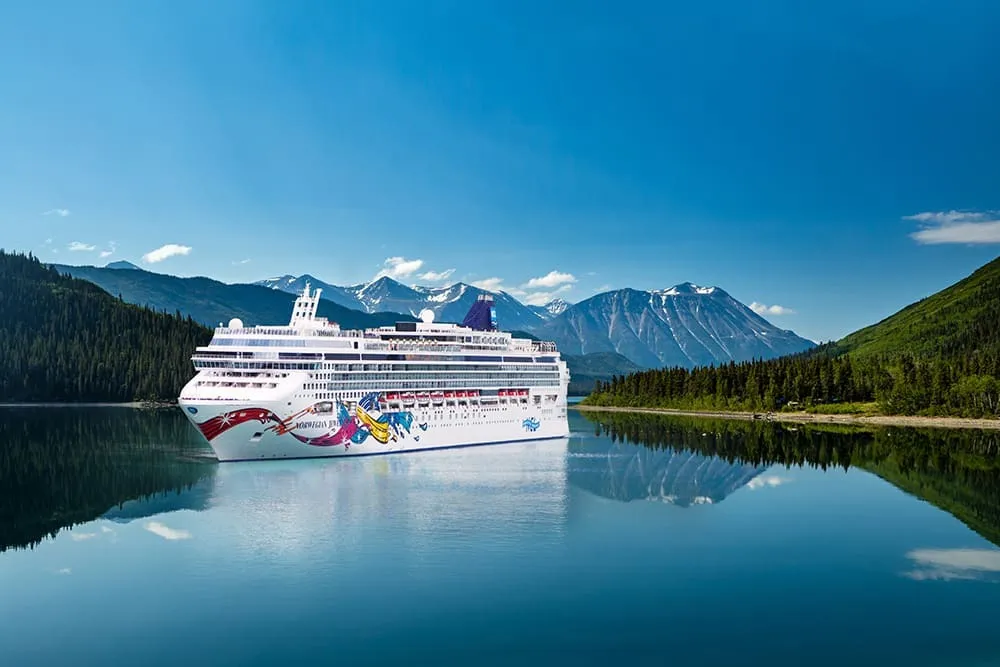
Most cruise lines sell insurance, which can be a good place to start but doesn’t always cover full medical. Places to buy travel insurance:
• Purchase insurance with the cruise line
• Some travel agents sell insurance and may offer a discount when purchasing a trip
• A number of credit cards include travel insurance, so it is a good idea to see what is covered on your existing cards already.
• Buy direct from an insurance company or through a broker
Regardless of where you buy insurance, it is highly advisable to research, get quotes from different providers, and check reviews. The price of travel insurance depends on a number of variables, including age, trip length, coverage amount, and type of insurance. If you travel frequently, have a look at an annual plan; it may be more cost-effective.
Important things to know when buying insurance for a cruise
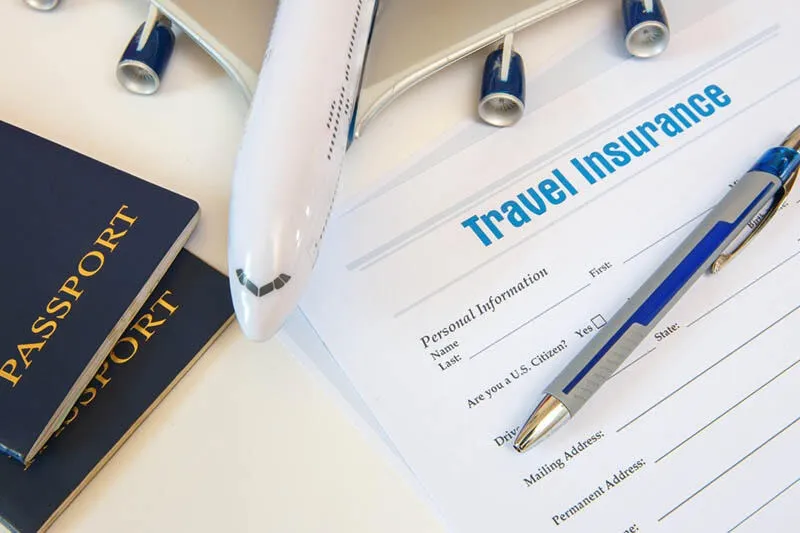
Make sure you understand the rules, waivers, deductions, terms and conditions. Don’t be afraid to ask questions, and best to seek clarifications in writing. Some insurance plans do not cover pre-conditions, such as heart problems.
Pay attention to dates. If, for some reason, you change the length of your trip/dates, update your insurance coverage. If you are staying a few days pre or post cruise ensure to include those days as part of your plan.
When traveling, make sure to have key information such as policy and telephone numbers. If you do need to make a claim it is important to understand what you will need to submit. Required paperwork can include receipts, doctors notes, test results etc. If some cases, like visiting a doctor onboard a cruise ship, you may need to pay upfront and claim through insurance.
What’s not covered? Although insurance covers many things, there are still a few events that may not be covered by insurance. For example, Changes to ports/ itineraries. In general, these modifications are not covered by insurance, and the cruise line does not owe guests any compensation beyond port fees. Something to consider if you have used an outside vendor for a shore excursion. Engaging in high-risk or illicit activities can also nullify insurance coverage.

